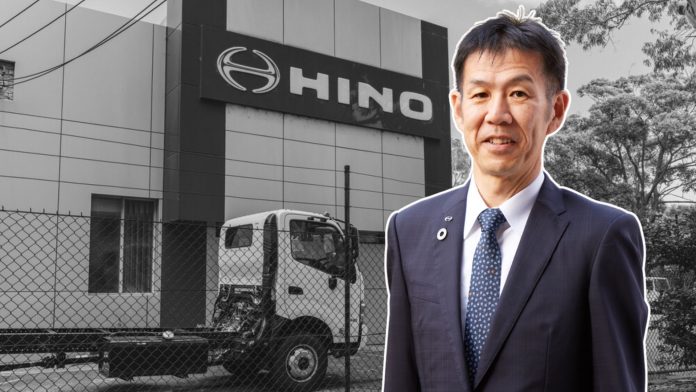Hino Motors, a subsidiary of Toyota, has reached a $1.6 billion settlement with U.S. agencies and agreed to plead guilty to charges of excess diesel engine emissions in over 105,000 U.S. vehicles. The settlement, announced on Wednesday, includes criminal penalties, civil fines, and commitments to address environmental violations stemming from fraudulent emissions practices.
Key Details of the settlement
- Criminal penalties and civil fines: Hino will pay $521.76 million in criminal penalties, $442.5 million in civil fines to U.S. authorities, and $236.5 million to the state of California.
- Mitigation and recall programs: The agreement includes a $155 million program to mitigate excess emissions by replacing marine and locomotive engines and a $144.2 million recall program to fix faulty engines in 2017-2019 heavy-duty trucks.
- Probation and compliance: Hino will serve a five-year probation, during which it will be prohibited from importing self-manufactured diesel engines into the U.S. The company will also implement a comprehensive compliance and ethics program.
The violations span from 2010 to 2019, during which Hino falsified emissions data, altered test results, and submitted fraudulent engine certification applications. A company-commissioned report in 2022 revealed that falsification practices dated back to at least 2003.
Assistant Attorney General Todd Kim described Hino’s actions as “an egregious violation of environmental, consumer protection, and import laws,” resulting in significant air pollution.
Regulatory investigations
The California Air Resources Board initiated an investigation in 2019 after identifying inconsistencies in Hino’s emissions data. California Attorney General Rob Bonta criticized the company for exploiting the state’s incentives for clean transportation, jeopardizing public health and safety.
Hino admitted to fraudulent practices and acknowledged its improper emissions testing methods.
In addition, Hino President Satoshi Ogiso expressed regret and emphasized that the company has reformed its internal culture, oversight, and compliance mechanisms. “This resolution marks a significant milestone toward resolving legacy issues that are no longer part of Hino’s operations or culture,” Ogiso stated.
This case follows similar scandals in the auto industry, including Volkswagen’s 2015 admission of emissions cheating, which resulted in over $20 billion in fines and settlements.




